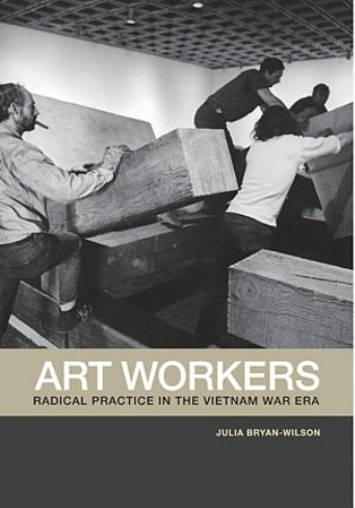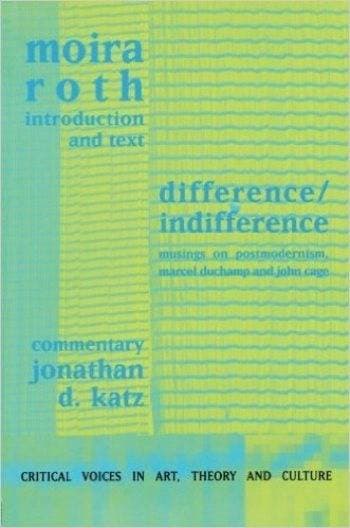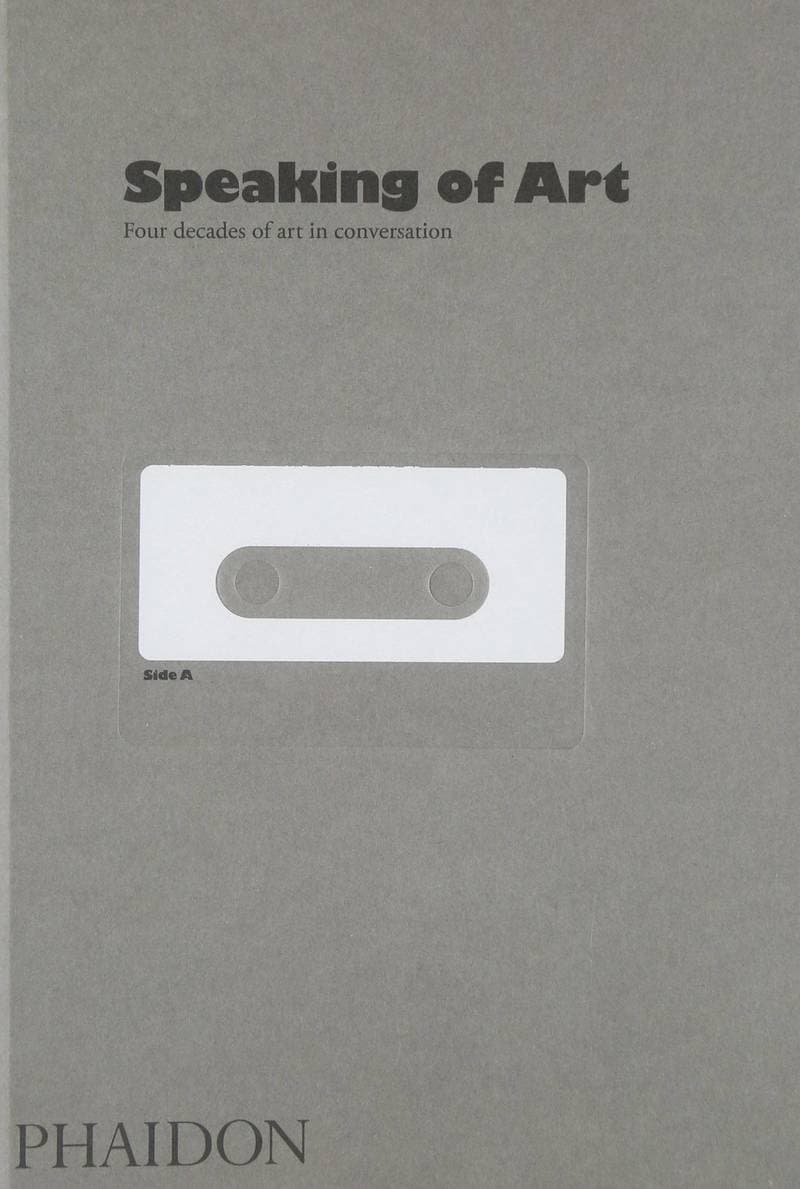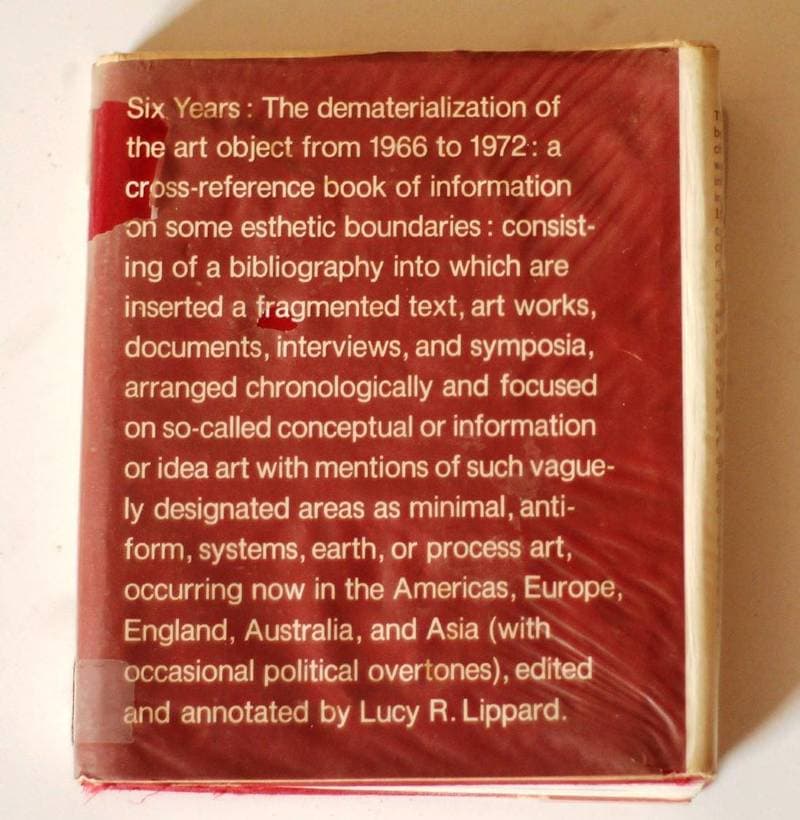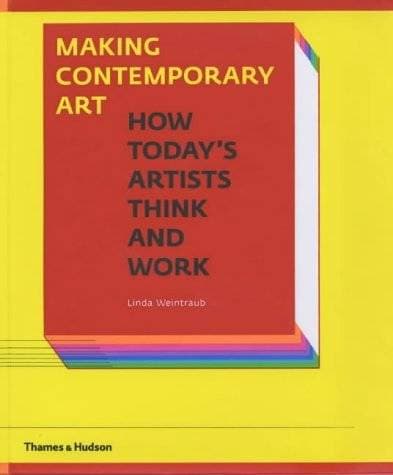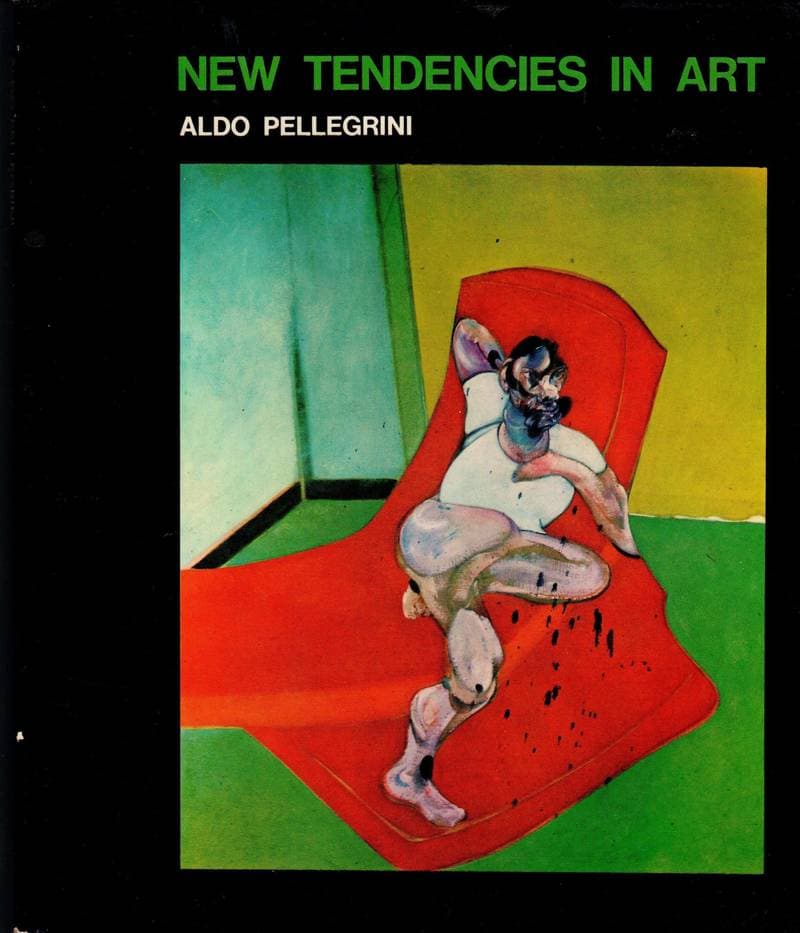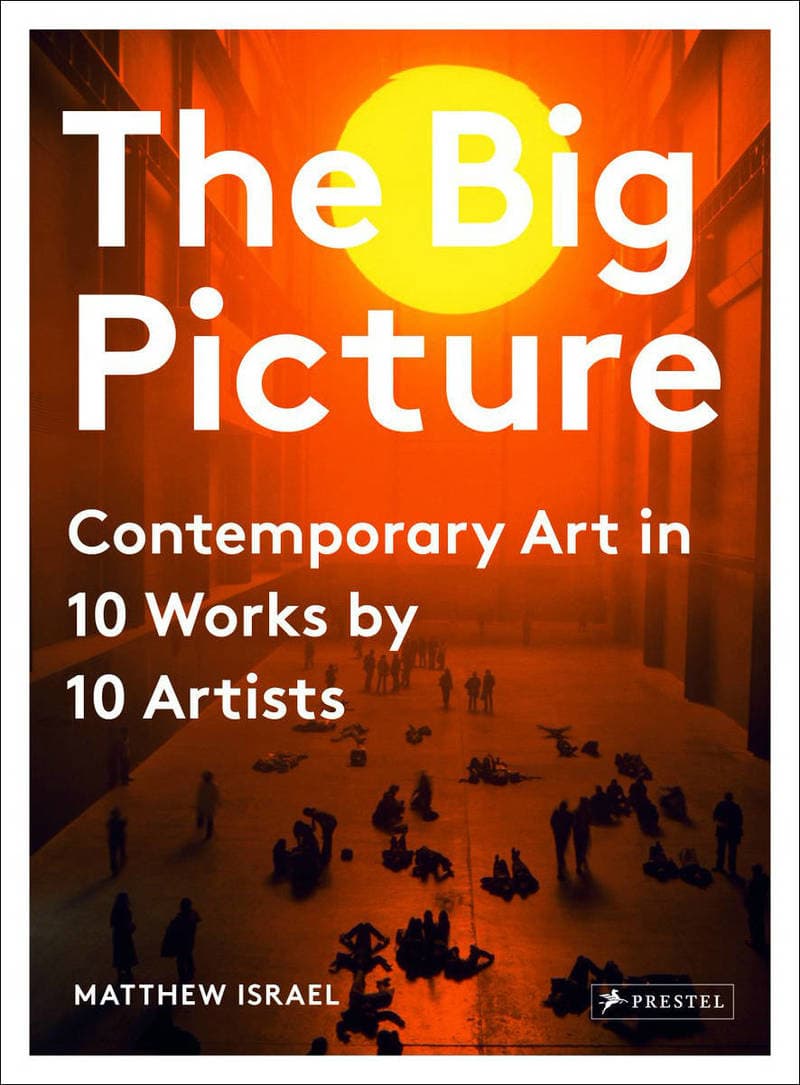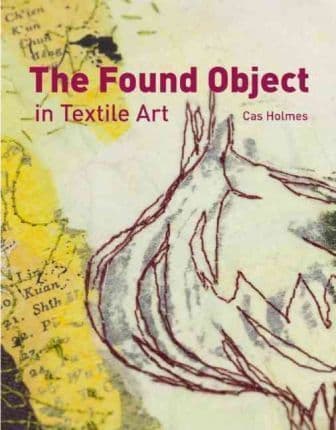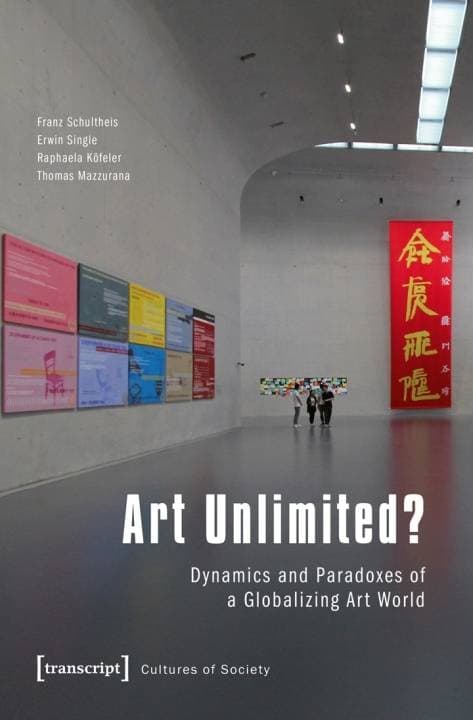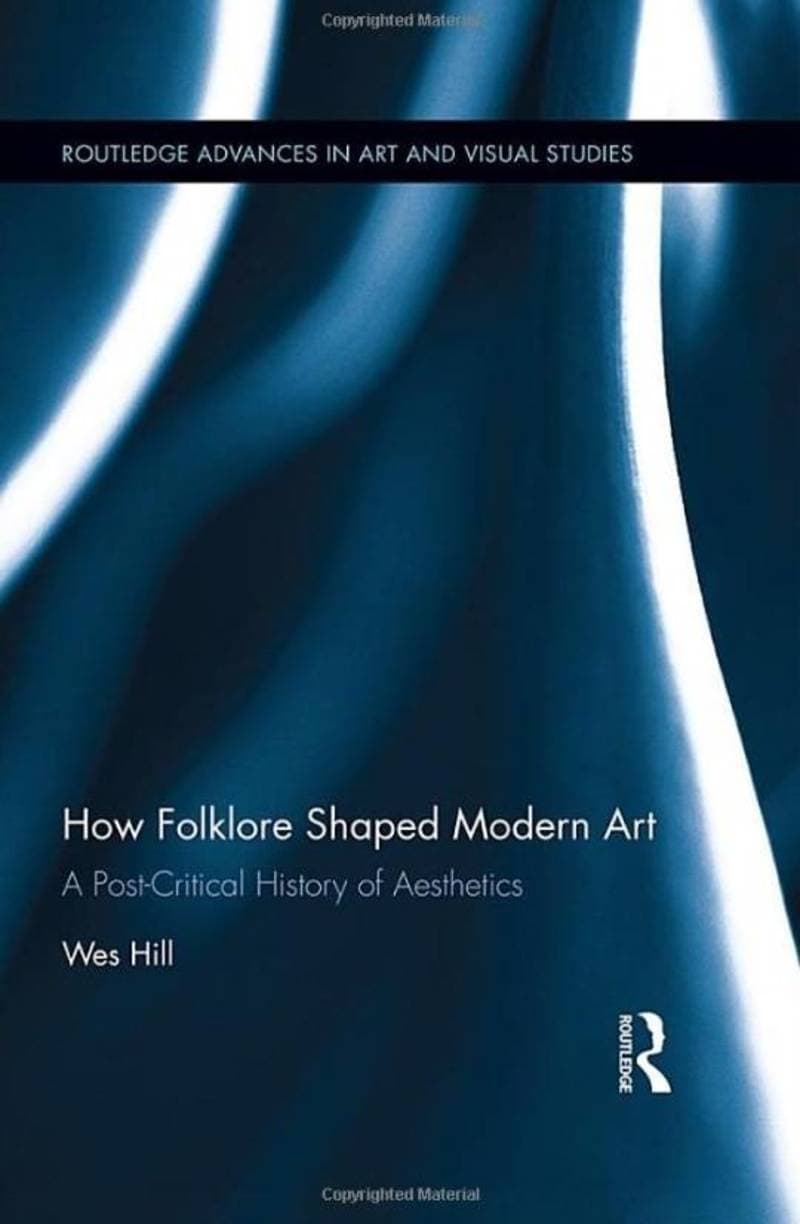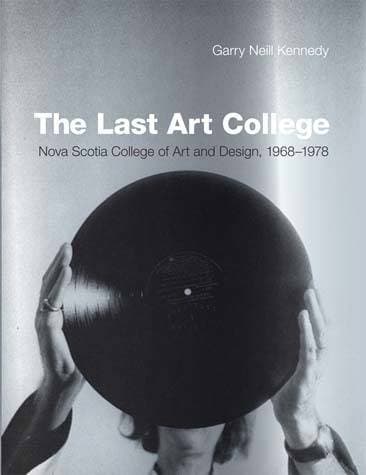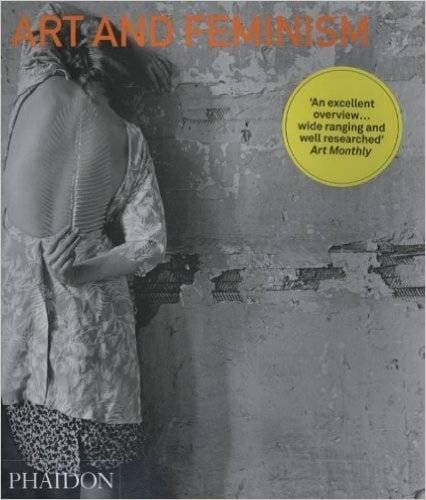Art Workers: Radical Practice in the Vietnam War Era
During the late 1960s and early 1970s, in response to the political turbulence generated by the Vietnam War, an important group of American artists and critics sought to expand the definition of creative labor by identifying themselves as 'art workers'. In the first book to examine this movement, Julia Bryan-Wilson shows how a polemical redefinition of artistic labor played a central role in minimalism, process art, feminist criticism, and conceptualism. In her close examination of four seminal figures of the period — American artists Carl Andre, Robert Morris, and Hans Haacke, and art critic Lucy Lippard — Bryan-Wilson frames an engrossing new argument around the double entendre that 'art works'. She traces the divergent ways in which these four artists and writers rallied around the 'art worker' identity, including participating in the Art Workers' Coalition — a short-lived organization founded in 1969 to protest the war and agitate for artists rights — and the New York Art Strike. By connecting social art history and theories of labor, this book illuminates the artworks and protest actions that were central to this pivotal era in both American art and politics.
Данные книги
Активизм, Инсталляция, История ХХ века, История выставок, Минимализм, Политическое искусство, США, Феминизм
Беркли
2010
282 страницы
9780520269750
Доступ по запросу
Да
Нет
709.042 Bry
1
- Difference/Indifference: Musings on Postmodernism, Marcel Duchamp and John Cage2013
- Всё и ничто: символические фигуры в искусстве второй половины ХХ века2019
- Speaking of Art: Four Decades of Art in Conversation2010
- Six Years: The Dematerialization of the Art Object from 1966 to 19721973
- Making contemporary art: How modern artists think and work2003
- New Tendencies in Art1966
- The Big Picture: Contemporary Art in 10 Works by 10 Artists2017
- The Found Object in Textile Art2010
- Art Unlimited?: Dynamics and Paradoxes of a Globalizing Art World2016
- How Folklore Shaped Modern Art: A Post-Critical History of Aesthetics2016
- The Last Art College. Nova Scotia College of Art and Design, 1968–19782012
- Art and Feminism2012
